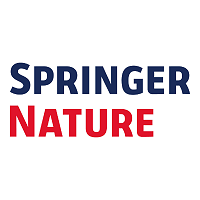BACKGROUND: Malaysia still faces challenges optimizing resources to effectively eliminate measles through high immunization and herd immunity, with sporadic outbreaks of measles as evidence. The objective of this study is to determine the age-specific positive measles antibodies seroprevalence used for assessing the establishment of herd immunity against measles in different age groups. This is useful for identifying vulnerable age groups requiring supplementary immunization.METHODS: A seroprevalence study was conducted among respondents aged 6-9 years, 15-24 years and 45-54 years attending government health clinics in Seremban between September 2014 and January 2015. A total of 1541 measles IgG antibody status were determined using ELISA technique (NovaTec Immundiagnostica GMBH) and assessment of establishment of herd immunity was based on indicators developed by Plans. Data on socio-demographic background as well as medical and medication history were also gathered.RESULTS: Seropositive rate for all respondents were 87% (95% CI 85-89), while the rest had either indeterminate [6% (95% CI 5-7)] or negative titre [7% (95% CI 6-8)]. None of the factors analyzed except for age were significant predictors of positive measles antibodies. Seropositive rate differed by age with the highest rate seen in adults (94%; CI 92-96), followed by children (90%; 95% CI 87-94) and adolescents, and young adults (74%; 95% CI 70-78). Based on Plans' indicators, herd immunity was established in adults and children, but not in adolescents and young adults.CONCLUSIONS: To tackle the most susceptible group in the present study, it is advisable to give booster vaccination to secondary school students and freshmen who enter colleges and universities in Malaysia.

Serological assessment of the establishment of herd immunity against measles in a health district in Malaysia
Review badges
0 pre-pub reviews
0 post-pub reviews